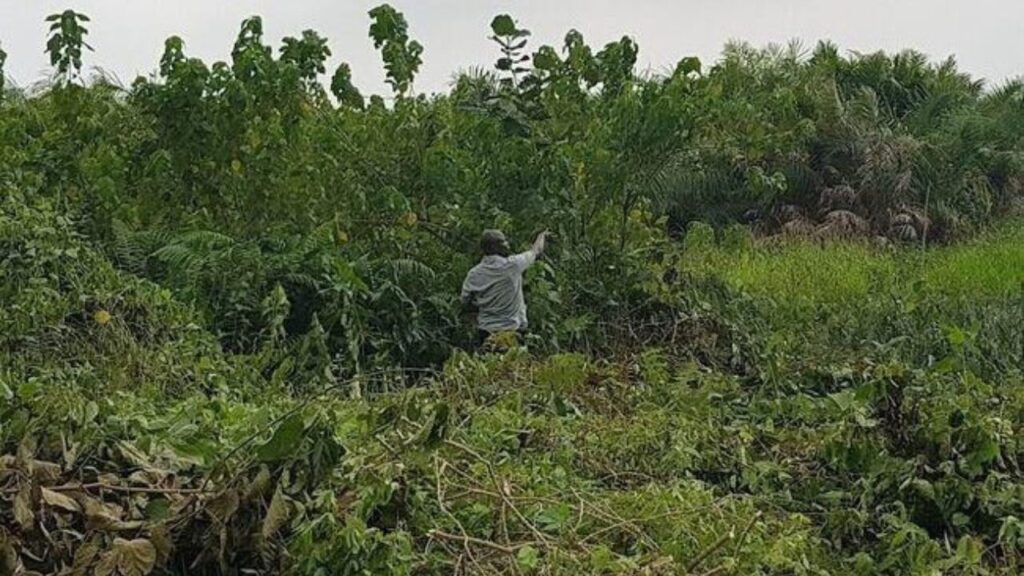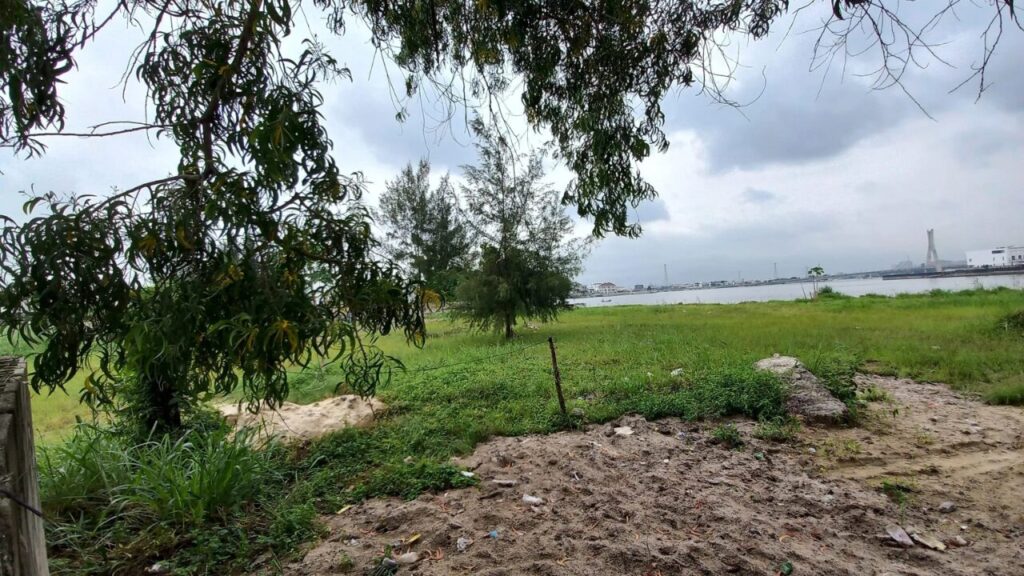Nigeria, with its growing economy and population, presents so many opportunities for real estate investments.
Table of Contents
ToggleBuying land is one of the best investments one can make in Nigeria.
But then, finding cheap plots of land in Nigeria is the problem if you don’t know where to look or what to consider.
This blog post will help educate you through the process of finding and
purchasing affordable land in Nigeria. Walk with us.
Before we go in deeper, we need to understand the Nigerian real estate market.
It’s a dynamic and diverse market that includes residential, commercial, and agricultural land.
In major cities like Lagos, Abuja, and Port Harcourt, land prices are high due to urbanization and industrialization.
However, there are still plenty of opportunities to find cheaper land in less urbanized areas.
Knowing where to look is key. Investing in land in Nigeria is a great idea for several reasons.
Land appreciates over time, especially in developing areas.
This means you can buy cheap now and sell for a profit later.
You can use the land for various purposes, such as farming, building homes, or setting up businesses.
Unlike other investments, land requires minimal maintenance,
and it’s a tangible asset that provides security against inflation.
Several factors influence land prices in Nigeria.
Location is the biggest factor. Land in urban areas is more expensive than in rural areas.
Infrastructure also plays a role. Land with access to roads, electricity, and water is more valuable.
Economic factors like inflation, interest rates, and government policies also impact land prices.
Finally, the demand and supply of land in certain areas can drive prices up or down.

Where to Find Cheap Land in Nigeria
Finding cheap land in Nigeria involves knowing where to look.
Consider the outskirts of major cities like Lagos, Enugu, Porthacourt, Owerri and Abuja.
These areas often have cheaper land. Emerging towns and rural areas are also good options.
You can find listings on real estate websites like PropertyPro.ng and Jiji.ng. Social media is another great resource.
Join real estate groups on Facebook and LinkedIn to find deals.
Don’t forget to work with local real estate agents who know the area well.
Buying cheap land in Nigeria involves several steps.
First, identify your needs. Are you looking for residential, commercial, or agricultural land?
Next, conduct a market survey to understand land prices in your chosen area.
Verify the legal status of the land to ensure it’s not under government acquisition.
Visit the land to inspect it and assess the neighborhood.
Check the land’s documentation to verify ownership and boundaries.
Finally, negotiate the price, agree on payment terms, and complete the transfer of ownership legally.
When buying land in Nigeria, legal considerations are crucial.
Ensure the land has a Certificate of Occupancy (C of O), which confirms ownership.
A Deed of Assignment indicates the transfer of ownership, and Governor’s Consent is required for all land transactions.
Understanding the Land Use Act, which governs land ownership in Nigeria, is essential.
Always engage a lawyer and a surveyor to assist with the legal and technical aspects of the purchase.
Financing your land purchase can be done in several ways.
Using personal savings is the simplest method. Some banks offer mortgage loans specifically for land purchases.
Research the terms and interest rates before choosing this option.
Joining a cooperative society can also help.
They can provide loans or collective buying power to purchase land.

Tips for Negotiating Land Prices
Negotiating land prices requires some skill. Be well-informed about current market rates.
Compare prices of similar lands in the area to get a fair idea. Be flexible and willing to make
counteroffers. If necessary, engage a professional negotiator to help you get the best deal.
Buying land comes with risks, but you can avoid them with due diligence.
Land scams are common, so always verify the seller’s ownership and the land’s legal status.
Ensure the land is free from legal encumbrances like mortgages or disputes.
Check for environmental hazards such as flooding or erosion that may affect the land.
Investing in land in Nigeria can be a lucrative venture. With the right approach and due diligence,
you can find affordable plots that meet your needs and provide significant returns in the future.
Remember, the key to successful land investment is patience, research, and careful planning.
Thank you for joining us at Bullion Rise Consult.
We hope this blog post helps you in your journey to finding the perfect plot of land in Nigeria.










